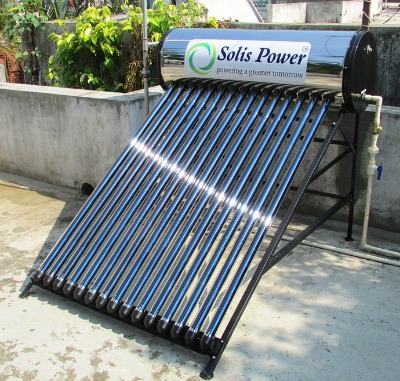A Quick Guide to Tankless Water Heaters
Are you thinking of renovating your home? One of the most common behind-the-scenes improvements homeowners make is to replace the water heater. Today, doing so with tankless water heaters is becoming more common. However, before you purchase one, it is important to know how they work and whether they are right for you.
How a Tankless Water Heater Works
A tankless water heater uses a heat exchanger to make the water hot. Heat exchangers transfer heat between sources. The exchanger activates when it senses incoming water and uses a gas burner or electric coils to heat it. This is much different from standard water heaters, which hold water in the system and keeps it a constant hot temperature.
Tankless heaters are available for an entire house or as point-of-use heaters. The latter systems are small and work with just one sink or bathtub. These are common in larger houses, where a whole-house version may cause a lag in the hot water reaching the faucet.
Choosing the Right Tankless Water Heater
When choosing a tankless water heater, you must consider four factors.
- Fuel Type: Think about what is readily available to you. Nearly every home can accommodate an electric tankless water heater, but some do not have proper hookups for versions that use propane or natural gas.
- Energy Efficiency: Consider recovery efficiency and cycling losses, which determine the water heater’s energy factor. This means knowing how efficiently the energy source transfers heat and how much heat the water loses as it moves through your tank, pipes, and faucets.
- Size: Determine how many sinks and bathtubs you have in your home and how hot you’d like the water to be to decide whether you should go for a whole-house or point-of-use model.
- Cost: Of course, the upfront cost is important, but be sure to calculate potential annual costs when in operation. Don’t forget to think about maintenance costs as well.
Installation and Maintenance
The energy efficiency of your tankless water heater depends on proper installation and routine maintenance. To ensure you have the right unit and install it correctly, you’ll need to consider building code requirements, local climate, potential safety hazards, and the type of fuel you’ll use.
Hiring a professional for installation is recommended, but be sure to get written estimates, check references, and ensure permits and licenses are within the law. If you decide to install the unit yourself, follow the manufacturer’s instructions exactly. Remember to follow its guidelines for maintenance as well. Doing so can greatly prolong the life of your water heater.
Pros and Cons
Now that you understand how tankless water heaters work, you must decide if one is right for your home. On the plus side, on-demand water heaters are more energy-efficient and cost less to operate long-term. They also last longer than standard models, take up less space, and reduce the potential for water damage. On the other hand, these heaters sometimes have a slight lag in terms of hot water flow, and electric versions won’t provide hot water if the power goes out. Upfront costs are also much higher.
Always do your research before making a large purchase such as a tankless water heater. In addition to shopping based on price and features, you should consider expert reviews as well as those from people who have purchased the heater in the past. Doing so helps you to find just what you need for your home.
